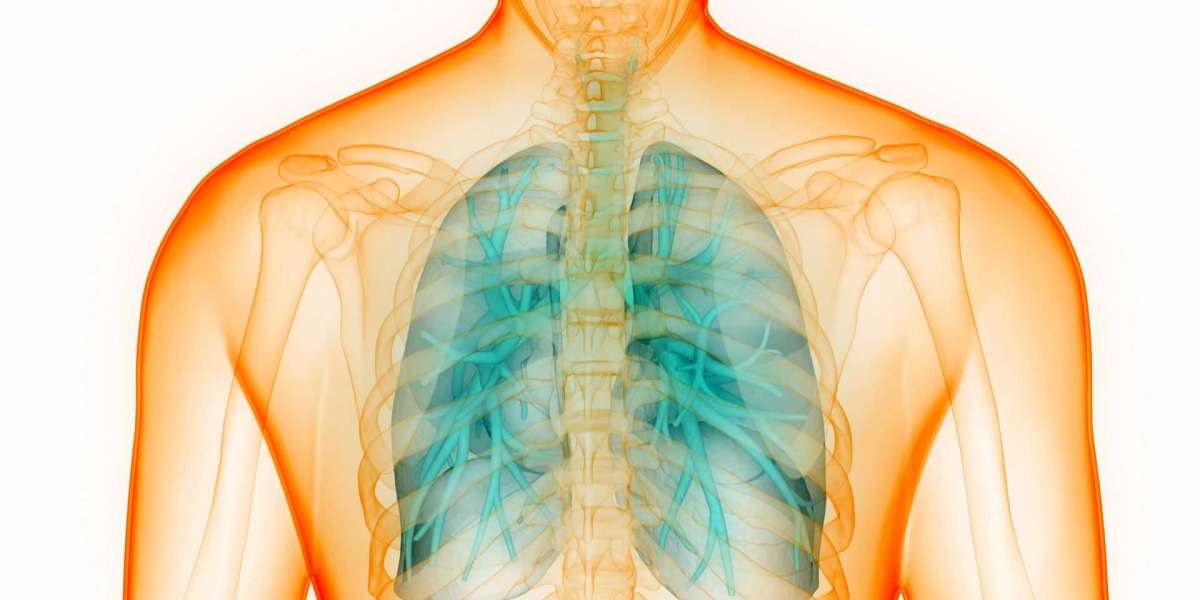Millions of people in the United States suffer from a mental health condition, and many of them have both a mental health issue and an addiction. This combination is known as co-occurring disorders/dual diagnosis or comorbidity, and it is more common than you might think. According to the Substance Abuse and Mental Health Services Administration (SAMHSA), 9.5 million Americans have co-occurring disorders.
Those with co-occurring disorders are often misdiagnosed or mistreated. This is because the symptoms of both addiction and mental health issues can appear very similar. This is why it is vital to get a correct diagnosis so that both conditions can be treated at once. If one disorder is being treated while the other goes undiagnosed, that could lead to a relapse of either the mental health issue or the addiction.
The most important thing is that those with a mental health issue are aware of the risks of developing an addiction and seek professional help when they begin to show signs. Signs of a problem can include extreme mood swings, difficulty concentrating or thinking, avoiding friends and family and even thoughts of suicide.
It is also important that those who have a mental illness understand that they are more likely to develop an addiction than others. They may also find it more difficult to maintain sobriety if they do not have a strong support system. This is why having a network of people to talk with and lean on during treatment can be so important.
There are a variety of different treatment options for people who have co-occurring disorders. They can be found in residential treatment programs, outpatient facilities and integrated care centers that offer both mental health and substance abuse treatment at the same time. The most effective method for treating co-occurring disorders is a combination of therapy and pharmacological treatments.
Some forms of therapy that are often used for co-occurring disorders include cognitive behavioral therapy and dialectical behavior therapy. These are designed to reduce maladaptive behaviors by teaching people new coping skills. They can also teach them how to recognize and avoid triggers that may cause them to relapse. During treatment, people with a mental health condition can also benefit from group counseling or support groups to discuss the challenges they are facing. Many of these groups are available after treatment as well, and can be a valuable resource for maintaining sobriety in the future.



